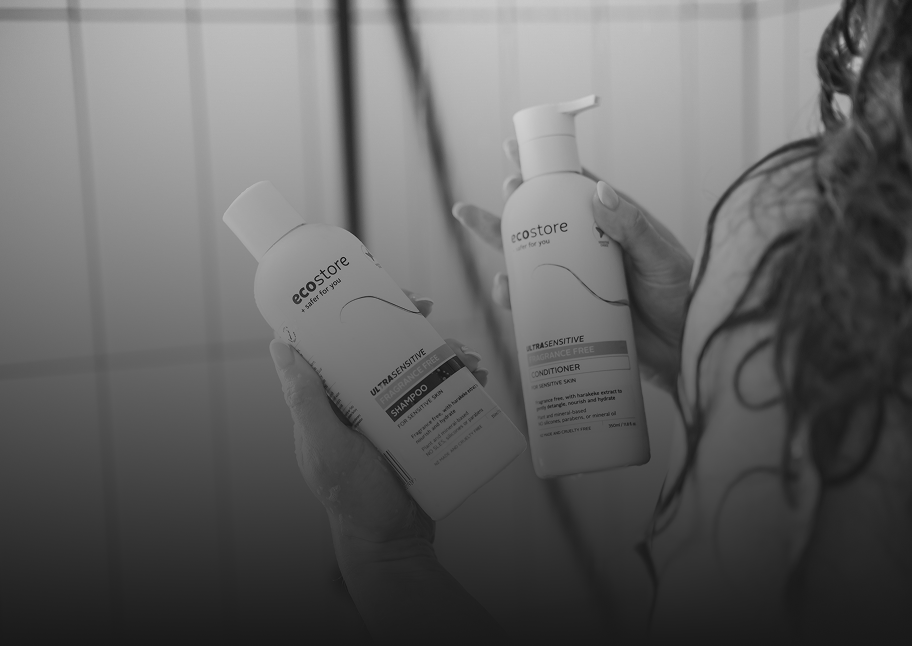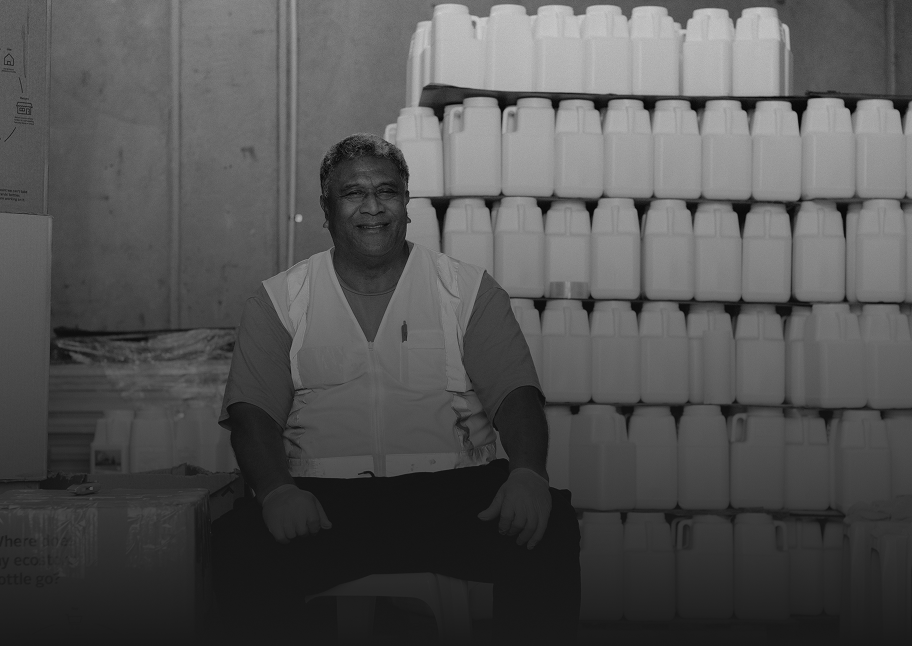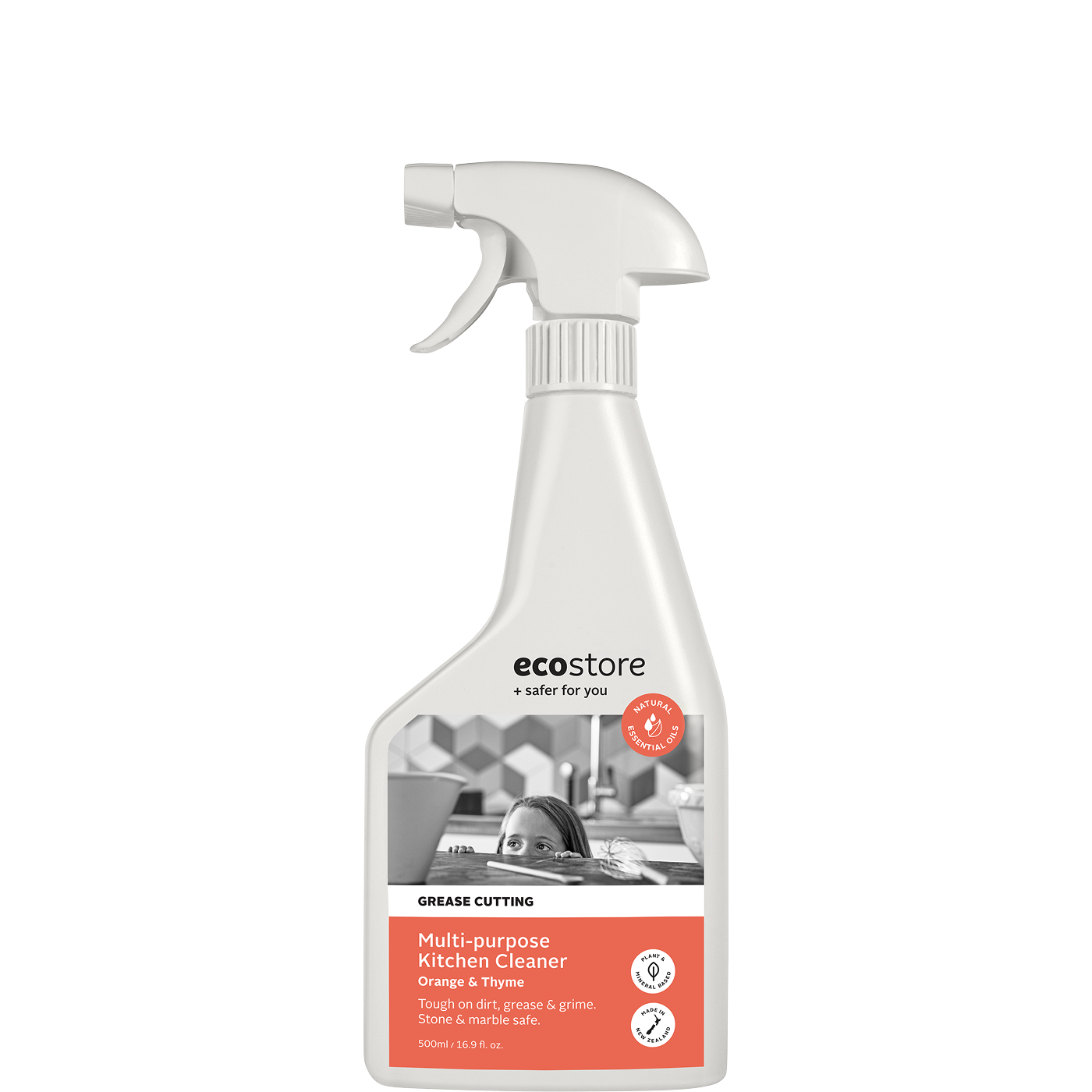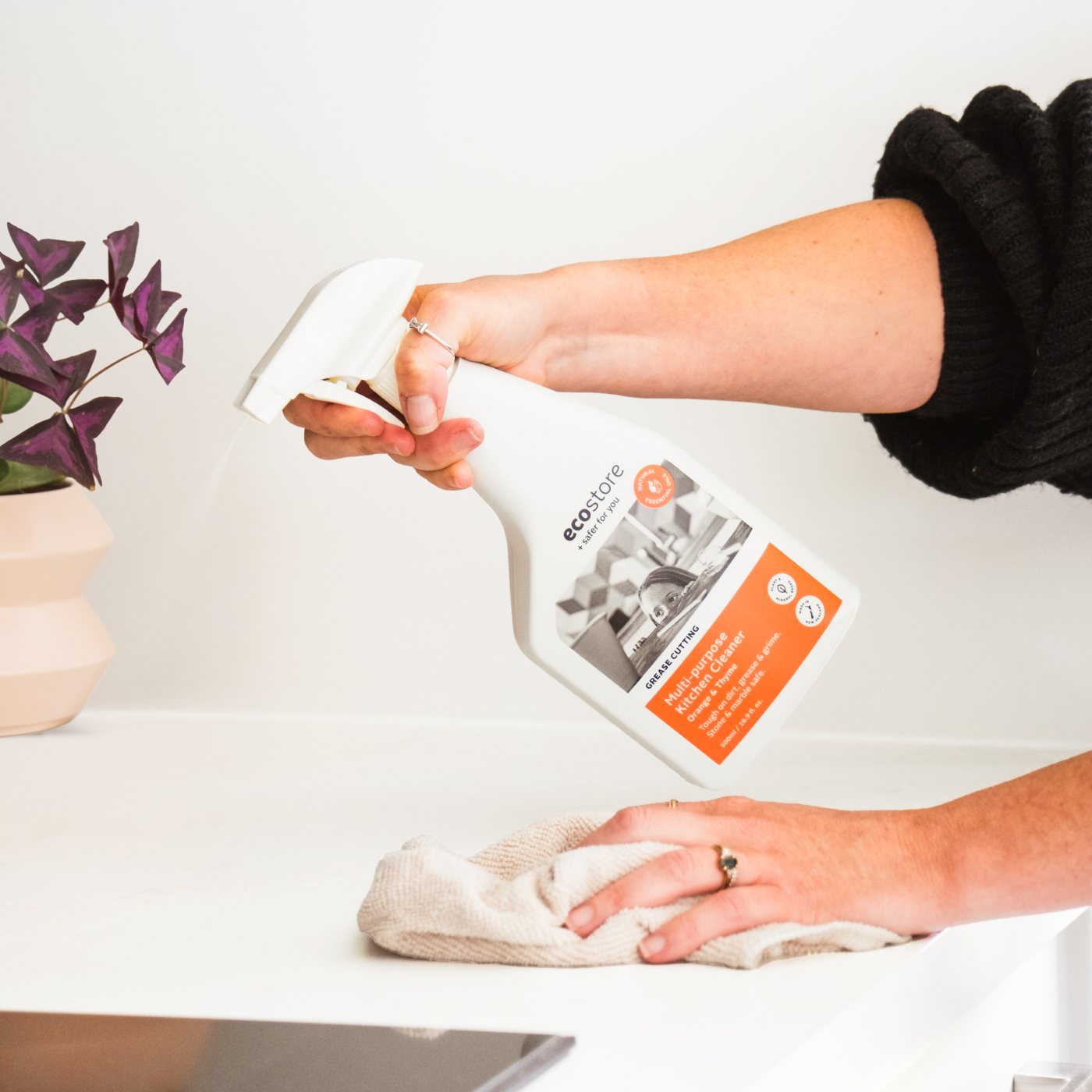You might come from a family that practiced sustainability each day, or maybe you discovered green habits for yourself during adulthood. But how do you pass those practices and habits on to your own kids?
Because we've recently launched a kids range for safer bathtime fun, we've been thinking about some other good things you can help kids do - not just in your own household, but also to make a contribution to the health of the planet.
If you have kids or young relatives, why not try some of these ideas?
- Get kids out in nature
It's no secret that kids will have a bit more motivation to protect the world around them if they have an appreciation for the natural environment. New Zealand has some fantastic parks, beaches and bush tracks, so consider discovering as many as you can near your home or when you're travelling. Being out in these places is a chance to explain some of the big issues, like ocean plastic when you're at the beach, pollution when you're by a river, and the need to preserve habitats, species and ecosystems when you're in the bush.
- Share the gardening
Gardening can teach children a lot - from the importance of eating healthy produce to the benefits of growing plants organically. It also helps pass on the value of food beyond nutrition and encouragement to make the most of everything that's grown. If your family garden produces more than you need, why not take your kids with you when you share it among your neighbours, friends and family?
- Remember the 3 Rs
Reduce, re-use, re-cycle is a well known phrase that will hopefully stick in kids' minds as they go about their everyday activities. Let's start with reducing - they can try to cut down on things like the amount of paper they use, the things they buy new, the amount of water they use for showering and brushing their teeth, and the time they have lights on. To re-use, they might wear more second hand clothing, own a re-usable drinking cup, or use partially finished school exercise books the following year. And recycling is a really good habit at home. They can re-use food containers, make sure household rubbish and recycling are separated, and upcycle various items to find new uses for them.
- Small things add up
It helps to remind children that little things matter - not everything has to be a big task. For example, picking up any of their own rubbish, and perhaps some of other people's, will help keep their local area tidy and unpolluted. And donating even pocket money sized amounts can help environmental causes on their way.
- Model and reward
If you want kids to stick to healthy habits, you'll need to make sure they're part of your routine as well. When you're doing things like turning off appliances, sorting recycling or planting seedlings, get kids involved and make it a positive experience. You can also try rewarding their consistent eco habits with a trip to their favourite place or by making them their favourite healthy snack. You might also want to encourage your kids' school to adopt some of the sustainability practices you've taken up at home too.
Read more

By Organic Edible Garden Autumn is a special time of year for the home gardener. It's a time of great abundance, with late summer crops of tomatoes, peppers, eggplants, cucumbers, beans and sweetc...

There are lots of things to think about when it comes to haircare - finding the right shampoo and conditioner, washing, drying and maintaining for top condition, and discovering the styles you love...







